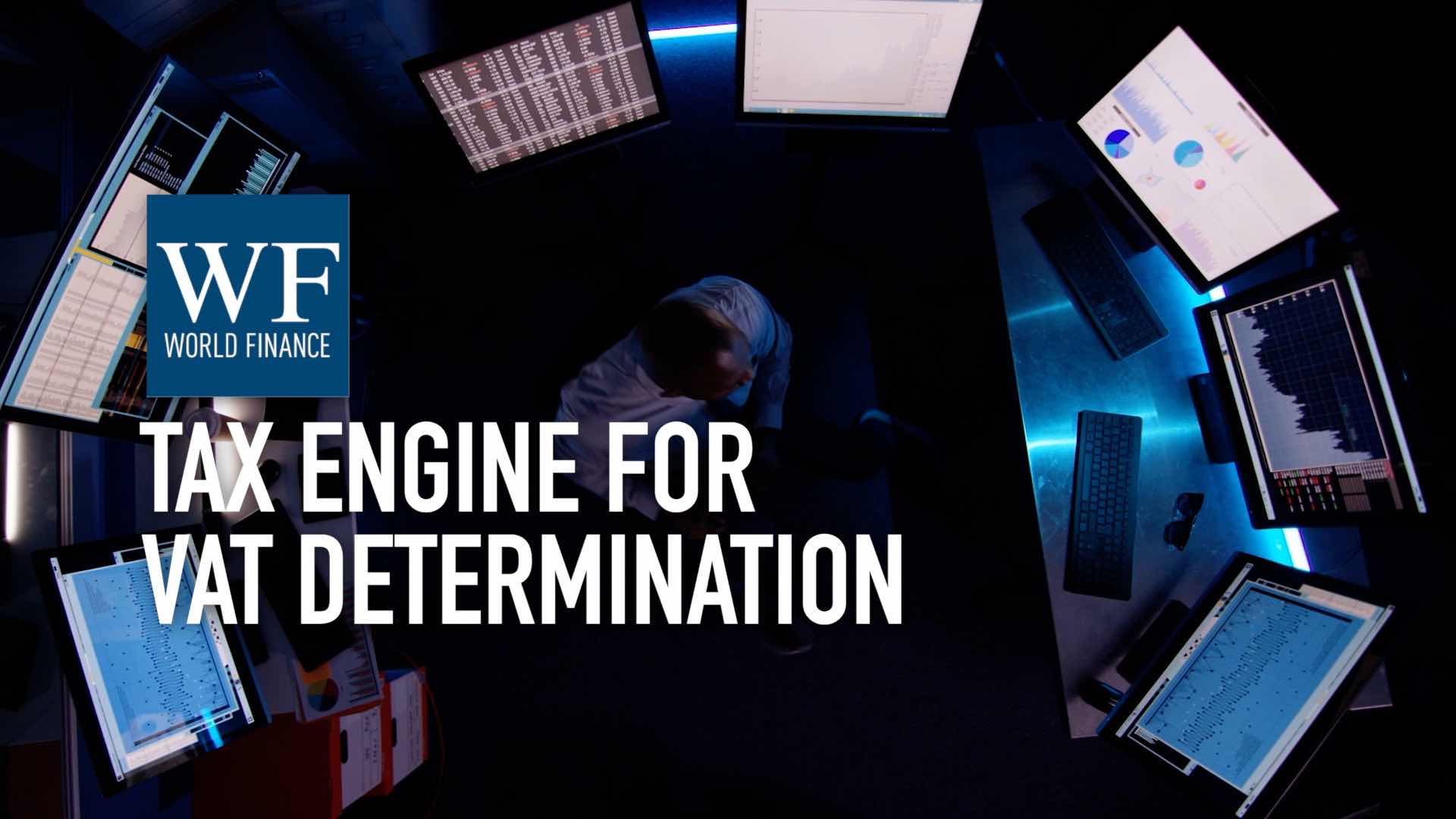Belgium offers final tax amnesty before automatic exchange of information
Jonathan Chazkal from Afschrift Law Firm discusses the last chance for Belgium's tax residents to come clean about overseas assets
Related:
Transcript
Belgium’s new tax regularisation regime has come into force, offering a permanent programme for voluntary disclosure – available once, and once only, for Belgian tax residents. Jonathan Chazkal, partner of Afschrift Law Firm, explains the costs and benefits of the new scheme, which taxes are covered, and how to file for regularisation. Please click through to watch the second half of our conversation with Jonathan, where he explains how much information is being exchanged, and the key dates that people should be aware of.
World Finance: Belgium’s new tax regularisation regime has come into force, offering a permanent programme for voluntary disclosure. Joining me is Jonathan Chazkal from Afschrift Law Firm.
Belgium has previously offered temporary amnesties; what’s the story behind this new law?
Jonathan Chazkal: Previous laws in Belgium offered tax regularisations, but they were always limited in time. This new law, which has come into effect on August 1, 2016, will remain forever.
As a consequence, Belgium tax residents only have one chance during their lifetime to apply that law. The exchange of information regarding tax matters between all countries will come into effect in a short period of time: Belgium has thought about a solution for those Belgian residents to come clean, find a solution to their accounts and assets that are still hidden abroad.
World Finance: So what are the costs and what are the benefits?
Jonathan Chazkal: The costs are quite high. For incomes like interest and dividends, professional incomes, you will have to pay the legal rates, with a penalty of 20 percent.
The period that you have to regularise is seven years; the main issue of the new law is, however, that you will have to pay 36 percent on the capital that existed seven years ago. If you want to avoid to pay, you will have to prove that capital already has been taxed, either in Belgium or abroad. And that the capital does not find its origins in any inheritance – because any inheritance tax would be due, and that law is not applicable.
The benefit is that it will give you a certificate that will state that you have a civil and a criminal immunity. And that certificate will avoid to the tax resident issues and problems they could face if they do not regularise today.
The costs might be high, but the automatic exchange of information regarding tax matters will come into effect less than a year and a half from now. Then the local authorities, the public prosecutor, could prosecute you for these accounts that you did not regularise; and then the penalties would be much higher.
World Finance: Is something being done to address the inheritance tax gap?
Jonathan Chazkal: Yes. The federal government reached agreements with all the regional authorities in order to allow Belgian tax residents that still want to regularise inheritance tax, for instance, to meet their regional authorities, and then they could file for such a demand.
World Finance: What’s the procedure?
Jonathan Chazkal: So any Belgian tax resident is eligible to file a tax regularisation. A special office is established in Brussels where you can file these demands.
However, some exclusions are to be taken into consideration. This law is only applicable for federal taxes: income tax, professional income, VAT.
Second of all, if you are aware of any judicial or tax investigation against yourself, you cannot apply.
Finally, if the funds that are subject to the tax regularisation find their origin in a non-tax infraction, you will be excluded to file such a tax regularisation at that special office in Brussels.
For more on the automatic exchange of information, please click through to our next video. And please subscribe for more insights from World Finance.

 Vertex tax technology: Introducing SAP chain flow accelerator
Vertex tax technology: Introducing SAP chain flow accelerator Vertex tax technology: Why add a tax engine for VAT determination
Vertex tax technology: Why add a tax engine for VAT determination
